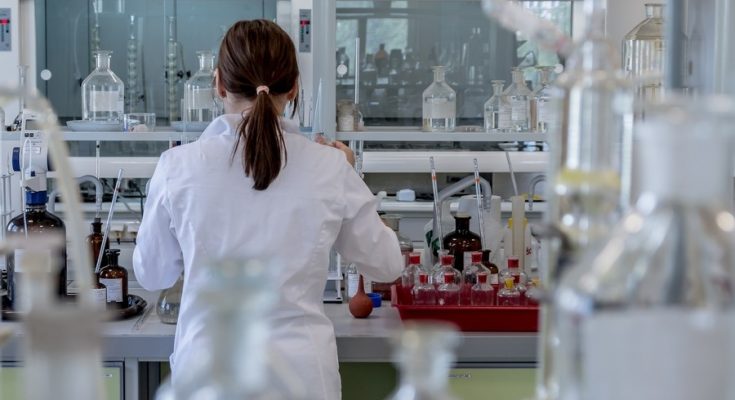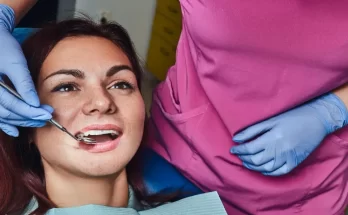When is it a good time for an STD test? It depends on many factors including your lifestyle, the situation you’re in, where you live, if you know if you have a partner or sexual partner and so forth. How long do you need to be tested for STDs? STD testing is usually quick, painless, and at times even free. STD Test is a sensible idea.
STD testing is usually included in routine medical exams that you need to request from your doctor for it. However, if you have recently been engaging in behaviours that are considered to be irresponsible or even unsafe such as having multiple partners, it’s important to get tested. You might also want to get tested if you suddenly start having symptoms that you’ve never had before. Your health care provider will likely give you an STD test at his office after you’ve given him a description of your symptoms. If caught early enough, you can protect yourself from getting multiple infections.
Many STDs, such as Hepatitis B, C, Syphilis and HIV can have symptoms that go undetected, or only come to light during a routine exam by a doctor or through clinic visits. You may not know you have a particular STD or until symptoms start to present themselves. For instance, most men get tested for gonorrhea every three months to a year. Women need to get tested for chlamydia every six months to a year.
Many doctors recommend doing a pap smear every year to detect gonorrhea or any other sexually transmitted disease. In order to accurately diagnose gonorrhea, doctors have to use a sample of a thin mucus fluid obtained from the throat. This type of sample is not perfect, however, so when you finish the course of the testing, you’ll have a false-positive result. Your doctor will be able to confirm this on a second visit, if needed, at a follow-up visit to the office or laboratory.
Some STD tests can also be done at home. if you need canada Home Testing. These are generally easy and quick tests that you can do right in the comfort of your own home, without any doctor’s office visits. You’ll usually be asked to insert a swab into the vaginal opening for a whiff test, or to insert an endoscope, which is used to inspect the cervix for abnormalities. A culture can then be done to see if the bacteria are present. Some home STD tests can also detect certain genital diseases, such as syphilis or herpes. A pelvic exam or Pap smear will likely be performed at gynecologist or family clinic clinics.
To avoid having to go to an STD clinic or to seek treatment at one, it’s best to know what STD you’re dealing with. A visit to your local Family Practice or Family Medical Clinic can help identify the type of STD you have and educate you and your partner on how to avoid further infections. STD testing at your primary care walk-in medical clinic allows you to get the care you need in the privacy of your own home. Your primary care physician can also advise you on various STDs that you may have, as well as educate you on how to prevent further infections. It’s always best to take care of yourself, and your partner can help you by being careful about what they engage in sexually.




